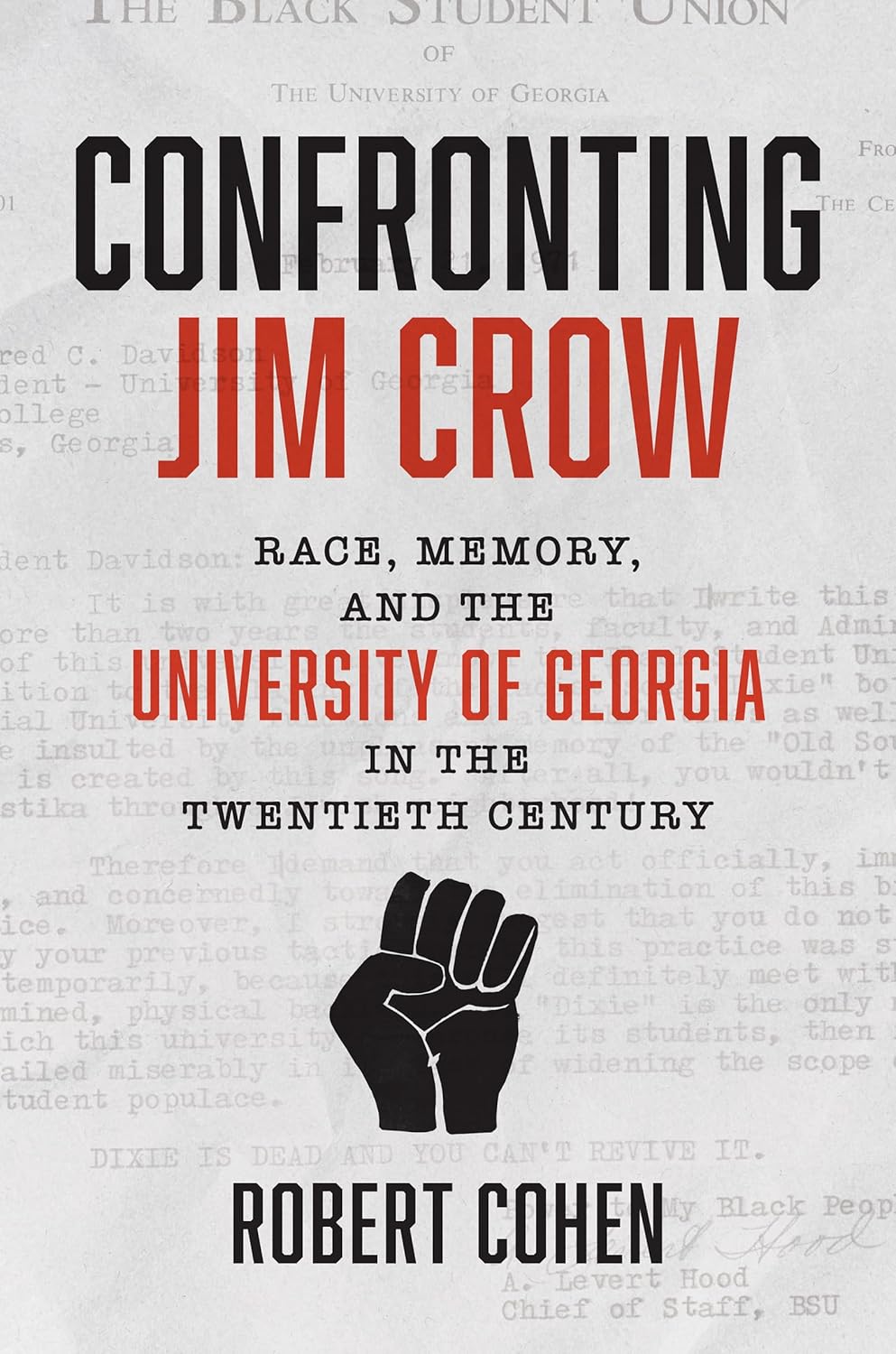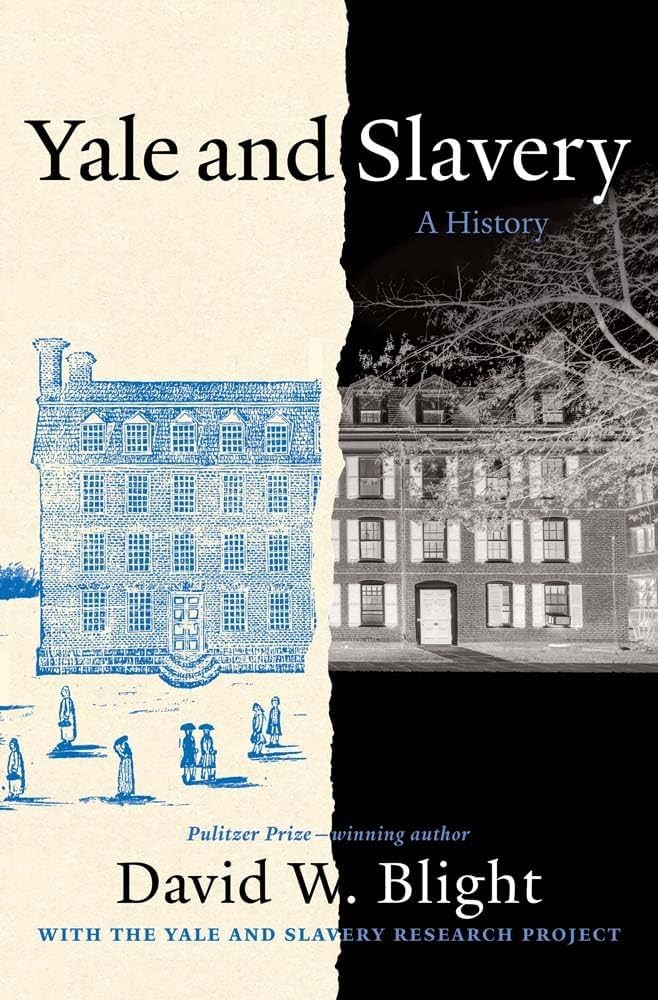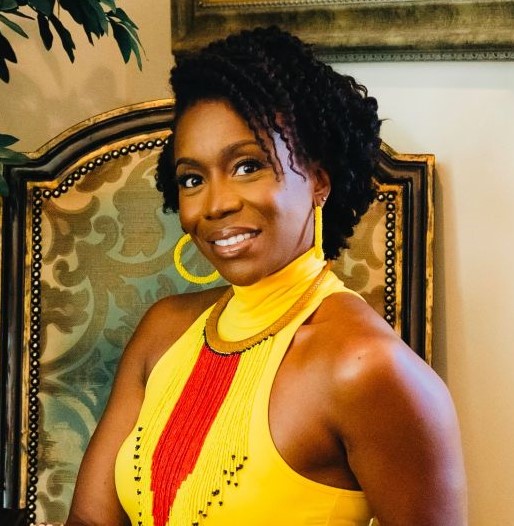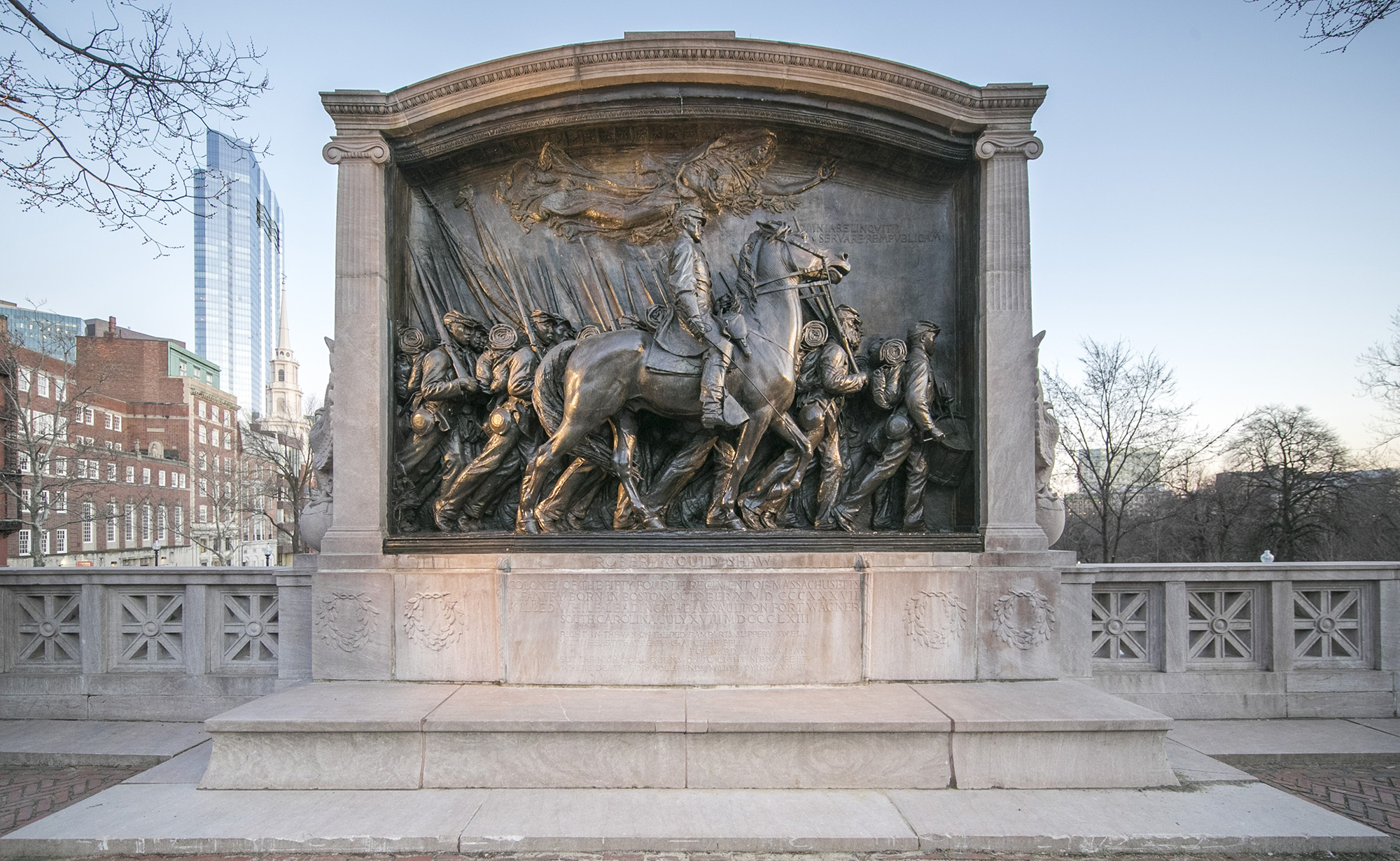Stan’s guest this week is NYU professor Robert Cohen, who discusses his new book, Confronting Jim Crow: Race, Memory, and the University of Georgia in the Twentieth Century (University of North Carolina Press, 2024). Cohen focuses his lens on UGA’s controversial and violent desegregation in 1961 and the ways that event has been remembered and commemorated in all the years since.





